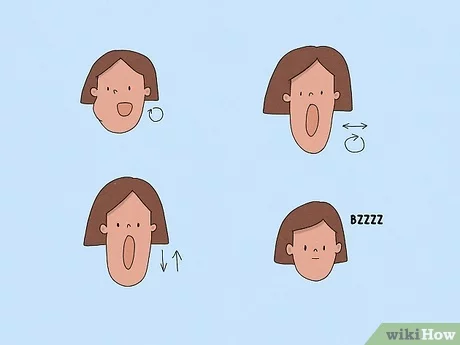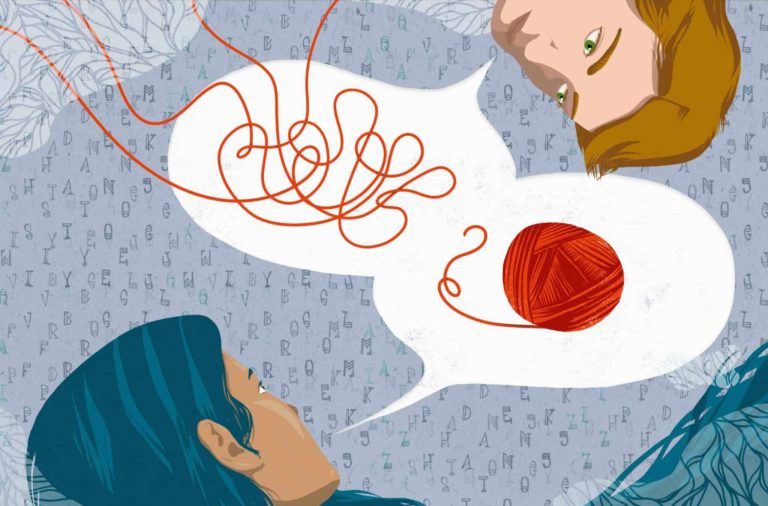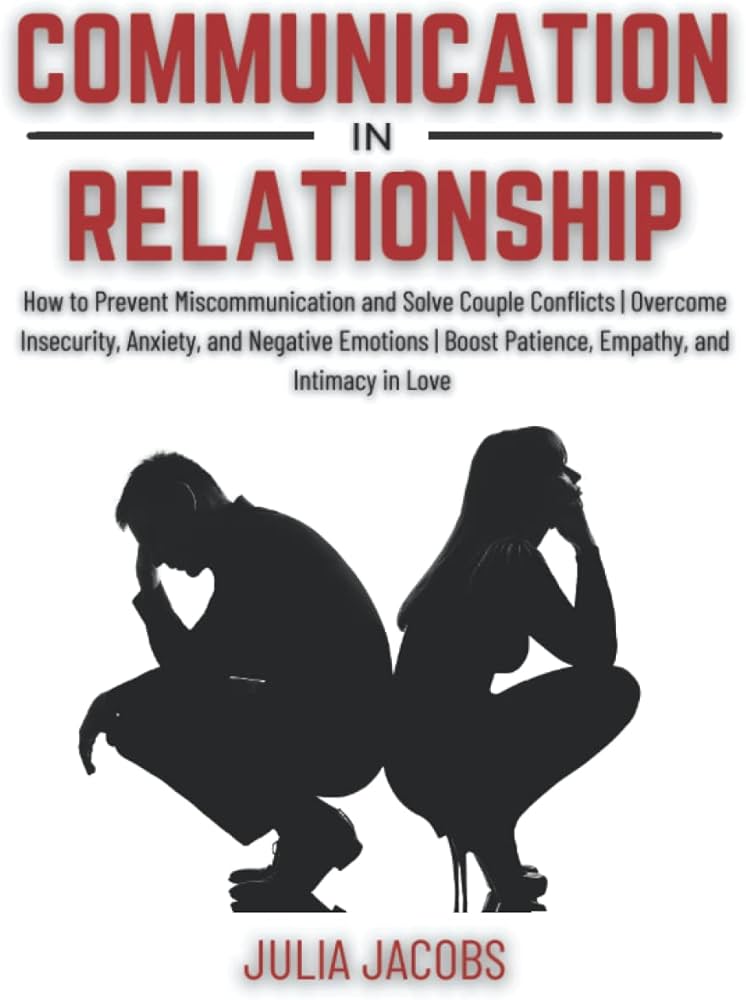What is the Definition of Communication?
Communication is the act of conveying information or ideas between individuals or groups. It involves the exchange of thoughts, feelings, or messages through various channels such as spoken words, written text, gestures, or body language.
In today’s interconnected world, effective communication is more important than ever. Whether in personal relationships or professional settings, strong communication skills help build trust, resolve conflicts, and foster collaboration.
What is the Definition of Communication?
Communication is the process of exchanging information, ideas, thoughts, or emotions between individuals or groups. It can take many forms—spoken words, written messages, gestures, facial expressions, and digital interactions—all aimed at achieving mutual understanding.
In this comprehensive guide, we’ll explore the fundamentals of communication, its various types and purposes, the impact of technology, and how you can become a more effective communicator.
The Fundamentals of Communication
Communication is the foundation of human connection. It encompasses both verbal and nonverbal interactions and includes key elements: a sender, a message, a medium, a receiver, and feedback.
Effective communication involves:
- Clarity in messaging
- Active listening
- Emotional intelligence
- Adaptability to the audience
Mastering the basics allows us to connect more deeply, collaborate more effectively, and build meaningful relationships.
Types of Communication
Understanding the different types of communication helps us navigate various contexts:
- Interpersonal Communication: Conversations between individuals, such as friends, family, or colleagues.
- Intrapersonal Communication: Internal dialogue and self-reflection.
- Group Communication: Interaction within a small or large group for decision-making or collaboration.
- Mass Communication: Disseminating messages to large audiences through media like television, radio, or the internet.
Each type plays a unique role in how we connect and convey meaning.
The Process of Communication
The communication process involves:
- Sender – initiates the message
- Encoding – converting thoughts into words or symbols
- Channel – medium used to deliver the message
- Receiver – interprets the message
- Decoding – understanding the message
- Feedback – response that ensures mutual understanding
Barriers such as noise, misinterpretation, and cultural differences can distort messages. Effective communicators learn to identify and overcome these obstacles.
Verbal Communication
Verbal communication involves speaking and listening. It requires clear language, proper tone, and context awareness.
Key elements include:
- Choosing the right words
- Speaking with purpose
- Listening actively and empathetically
- Overcoming language barriers
Good verbal communication fosters collaboration, clarity, and connection.
Nonverbal Communication
Nonverbal cues often speak louder than words. These include:
- Facial expressions
- Eye contact
- Gestures and body posture
- Tone of voice
- Personal space (proxemics)
By being aware of these subtle signals, we can enhance understanding and express ourselves more authentically.
Technological Impact on Communication
The digital era has transformed how we communicate:
- Instant messaging and emails provide speed and convenience.
- Video calls and virtual meetings connect remote teams and families.
- Social media facilitates global interactions but can lead to information overload and shallow engagement.
Balancing technology with human connection is key to effective modern communication.
Communication for Different Purposes
Communication serves diverse functions across various areas:
- Business: Clear communication supports productivity, leadership, and brand reputation.
- Personal relationships: Helps express emotions, resolve conflicts, and build intimacy.
- Education: Enables effective teaching and active learning.
- Healthcare: Ensures accurate diagnoses and trust between patients and providers.
In every context, communication is a vital skill worth developing.
Cultural and Global Communication
In a globalized world, cross-cultural communication is essential. Different cultures interpret gestures, tones, and expressions in unique ways. To communicate effectively across cultures:
- Be respectful and curious about differences
- Avoid assumptions or stereotypes
- Learn cultural communication norms
- Develop empathy and openness
Intercultural communication builds global understanding and stronger international relationships.
The Power of Communication in Leadership
Strong leaders are strong communicators. They:
- Clearly articulate goals and expectations
- Foster trust through transparency
- Inspire through motivational speaking
- Encourage feedback and open dialogue
Effective leadership communication strengthens team collaboration, aligns organizational goals, and drives long-term success.
Frequently Asked Questions
What is the best definition of communication?
Communication is the process of transmitting and receiving messages to achieve shared understanding. It involves verbal, nonverbal, written, and digital methods.
What is the simple definition of communication?
Communication means sharing information, ideas, or feelings between people using words, gestures, or technology.
What are the 3 main definitions of communication?
- The exchange of information
- The process of message transmission and reception
- The use of symbols and language to convey meaning
What are the 7 C’s of communication?
- Clarity
- Completeness
- Conciseness
- Coherence
- Courtesy
- Credibility
- Consideration
These principles ensure effective, respectful, and impactful communication.
Conclusion
Communication is the heart of human interaction. It empowers us to share ideas, express emotions, resolve differences, and create meaningful connections.
By mastering both verbal and nonverbal communication, embracing technology wisely, and practicing cultural sensitivity, we can become more effective communicators in all areas of life.
Let’s harness the power of communication to build a more connected, compassionate, and collaborative world.



